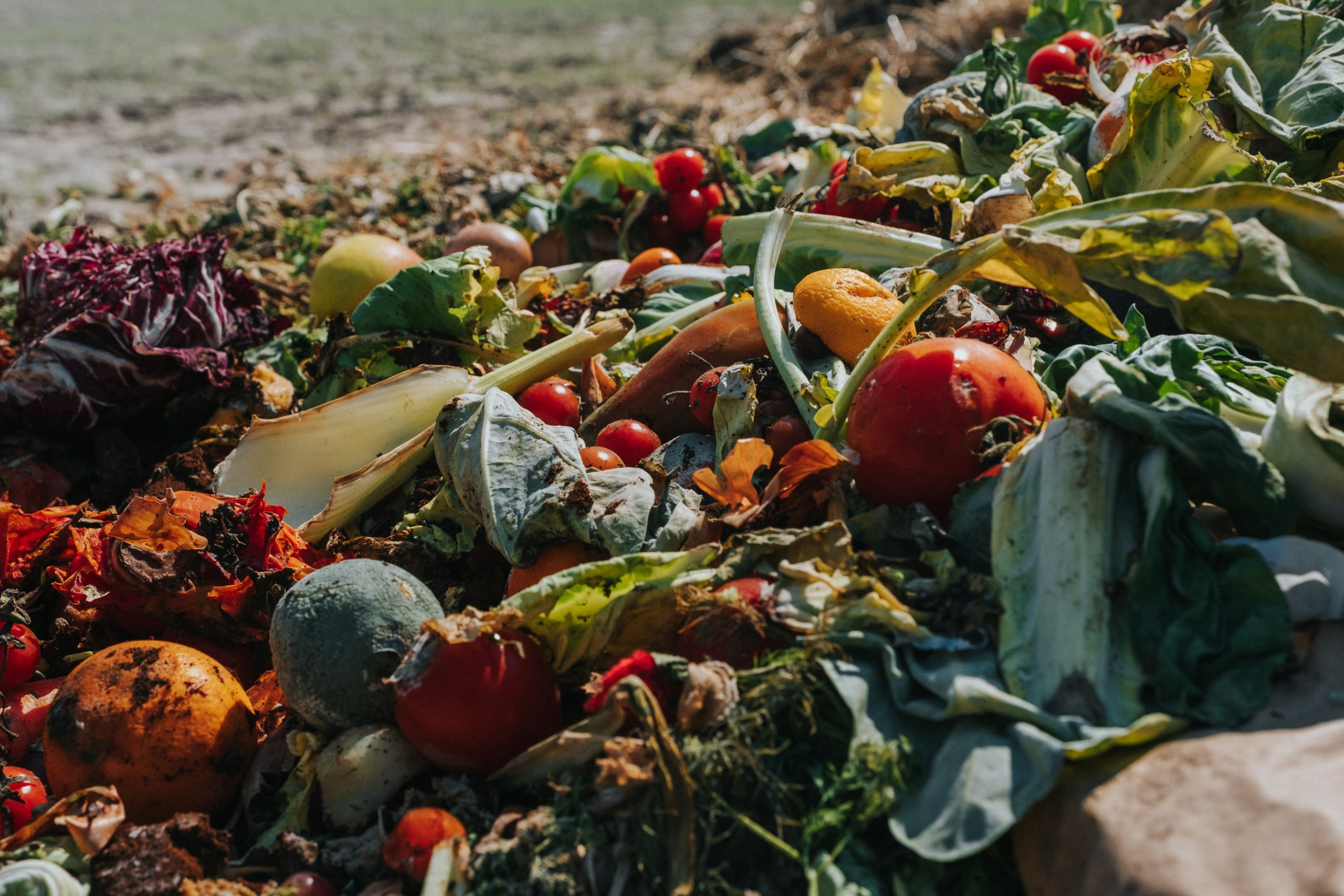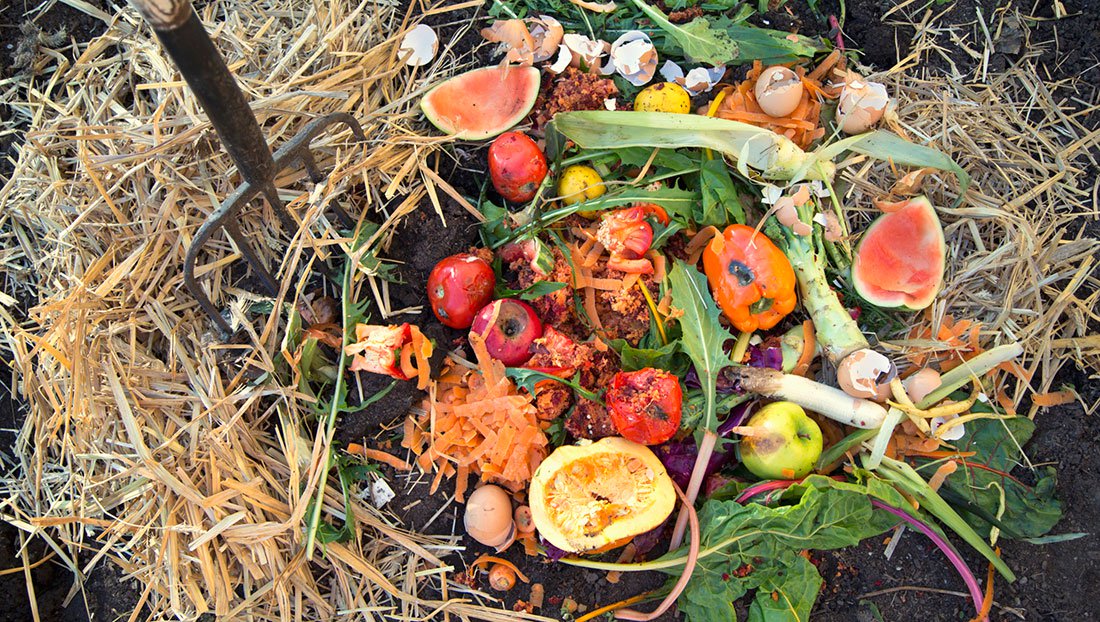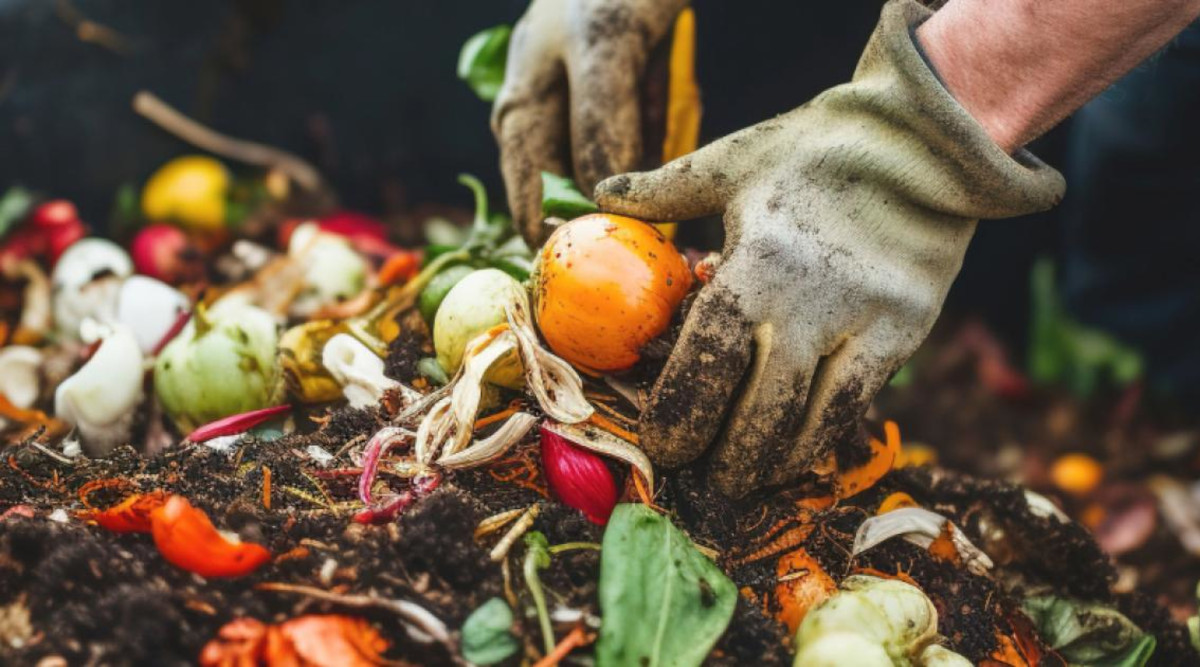Food Waste to Fertilizer
Waste-based
Food Waste to Fertilizer involves converting organic food waste into compost or organic fertilizer through processes like composting or anaerobic digestion. This not only reduces methane emissions from landfills but also promotes soil health and can displace synthetic fertilizers, contributing to carbon sequestration.
In today's world, the issue of food waste has become increasingly pressing. As food production and consumption patterns continue to evolve, significant quantities of edible food end up in landfills, contributing to environmental problems such as methane emissions and soil degradation. The "Food Waste to Fertilizer" project offers a sustainable solution to this challenge by transforming food waste into valuable organic fertilizer.
Process
The process of converting food waste into fertilizer involves several key steps:
- Collection and Sorting: Food waste is collected from various sources, including households, restaurants, and grocery stores. It is then sorted to remove any non-organic materials that could contaminate the final product.
- Composting: The sorted food waste is placed in a composting facility or bin, where it undergoes a natural decomposition process. Microorganisms break down the organic matter, creating a nutrient-rich compost.
- Maturation: The compost is allowed to mature over a period of time, ensuring that the decomposition process is complete and the final product is stable.
- Screening and Packaging: The mature compost is screened to remove any larger pieces of organic matter and is then packaged for distribution.

Benefits
The "Food Waste to Fertilizer" project offers a range of benefits, including:
- Reduced Methane Emissions: By diverting food waste from landfills, the project helps to reduce methane emissions, a potent greenhouse gas.
- Improved Soil Health: Organic fertilizer enhances soil structure, increases water retention, and promotes nutrient cycling, leading to healthier and more productive crops.
- Reduced Reliance on Chemical Fertilizers: The use of organic fertilizer can help to reduce the reliance on synthetic fertilizers, which can contribute to water pollution and soil degradation.
- Resource Conservation: By recycling food waste, the project conserves resources such as land and water that would otherwise be used for the production of synthetic fertilizers.
- Community Engagement: The project can foster community involvement by providing opportunities for individuals and organizations to participate in waste reduction and sustainability initiatives.

Conclusion
The "Food Waste to Fertilizer" project represents a promising approach to addressing the challenges of food waste and promoting sustainable agriculture. By converting food waste into a valuable resource, this initiative can help to create a more circular economy and a healthier planet.


